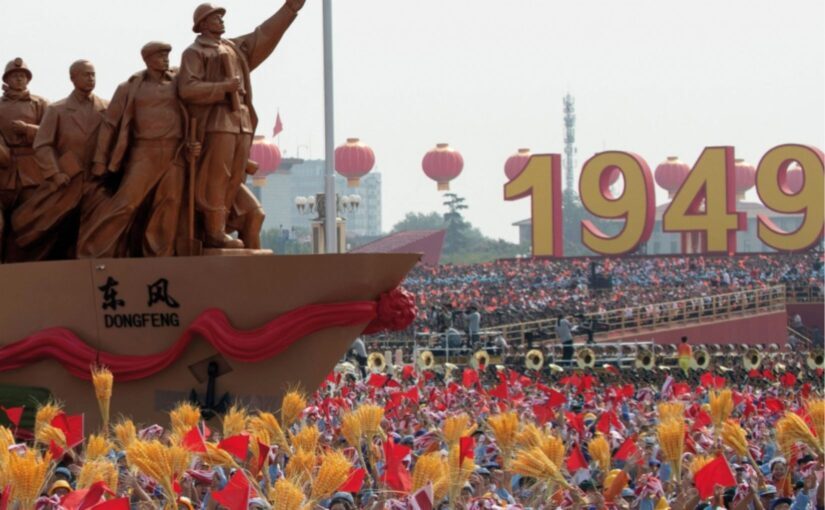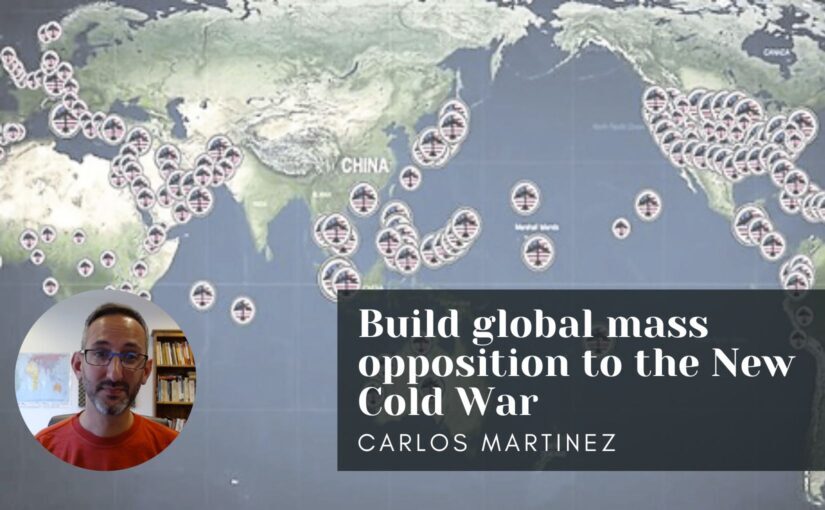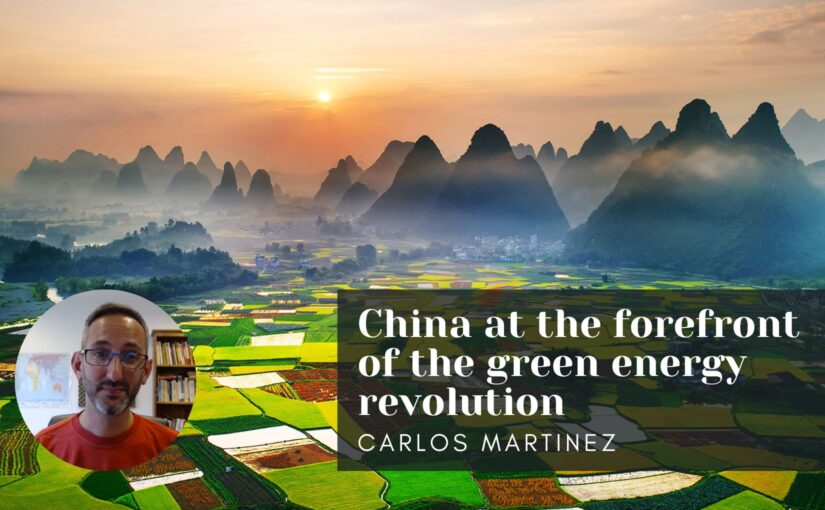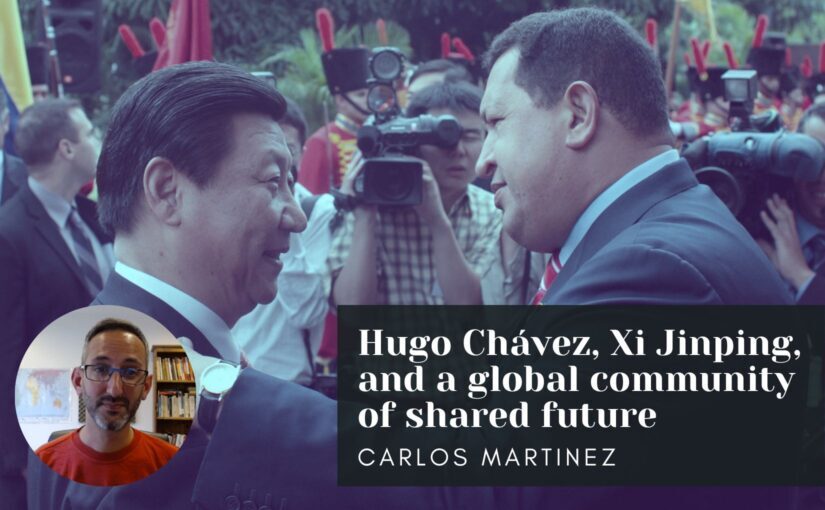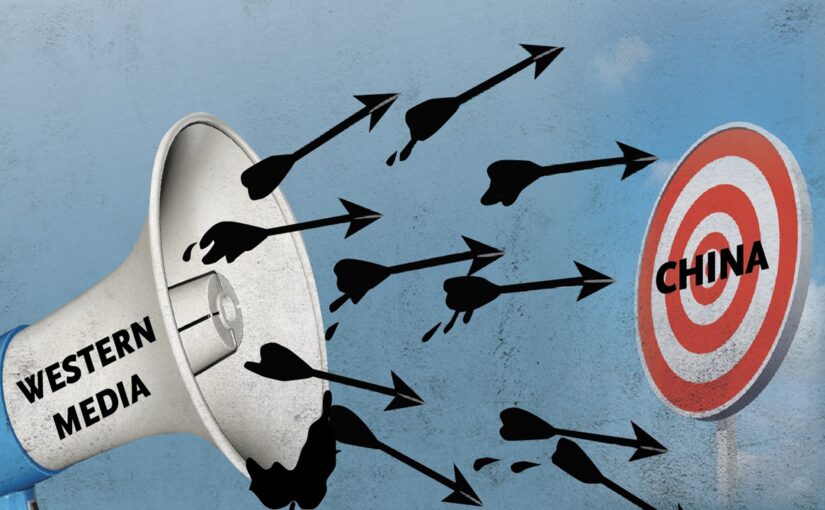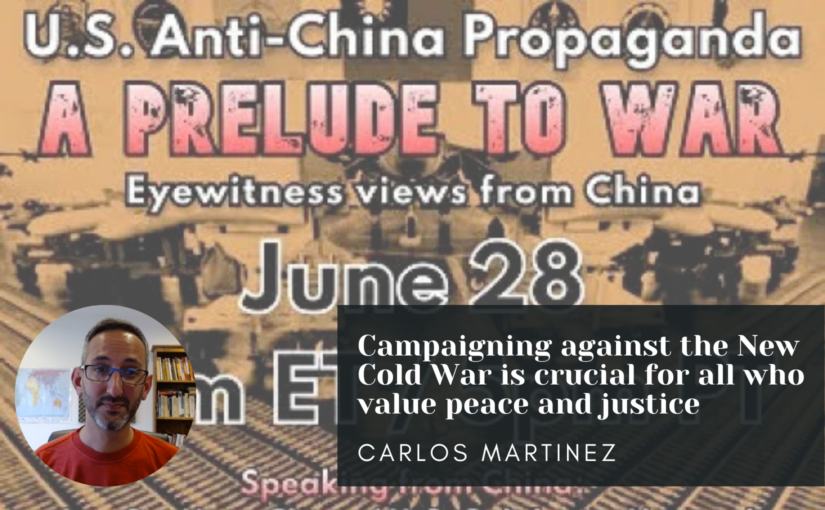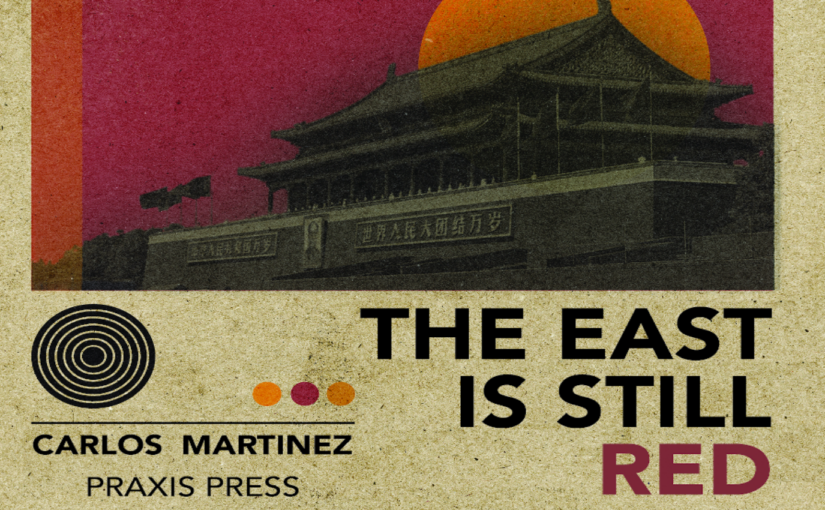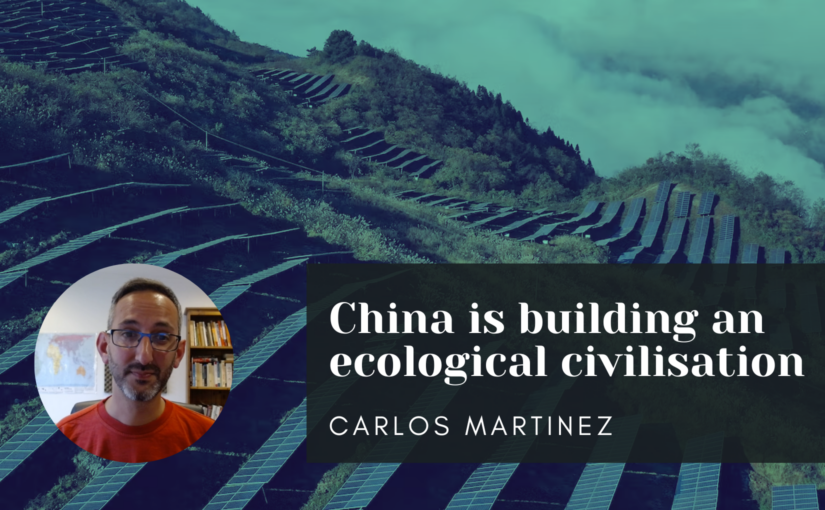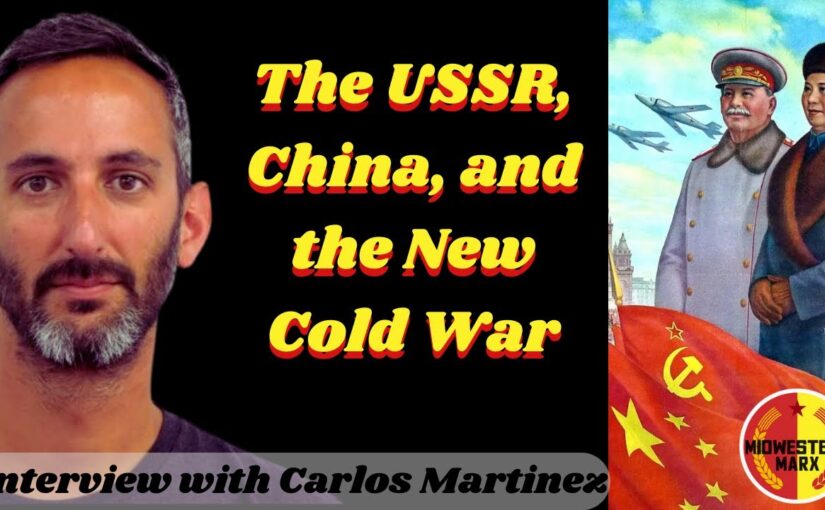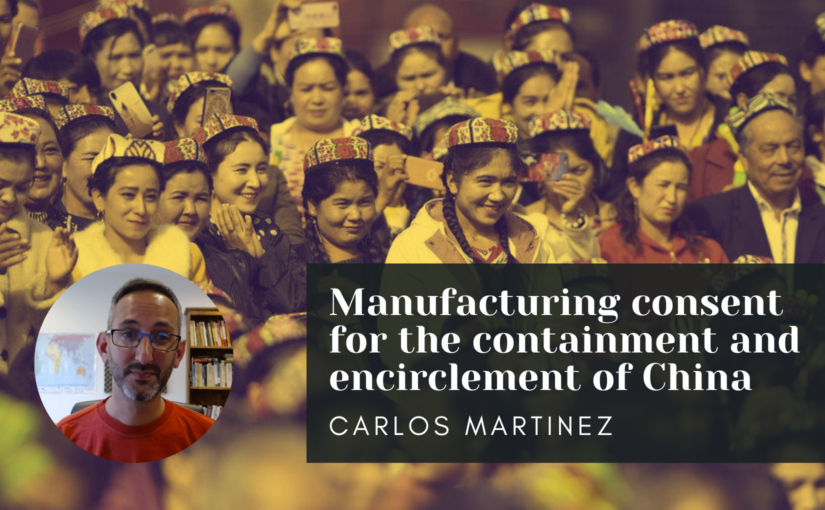The following short article, written for the Morning Star, provides a whirlwind tour of the extraordinary progress made by the People’s Republic of China since its founding on 1 October 1949.
October 1 2024 will mark the 75th anniversary of the founding of the People’s Republic of China, when Mao Zedong declared that “the Chinese people have stood up.”
In the intervening period, China has undergone an extraordinary transformation.
Life expectancy has increased from around 35 to over 78 years, surpassing that of the US. Universal literacy has been achieved. Extreme poverty and malnutrition have been eliminated. Famines are a thing of the past.
In the years immediately following the founding of People’s China, feudalism was dismantled and warlord rule was ended. New China won and defended its sovereignty.
Education and healthcare were rolled out to the countryside for the first time.
The social and economic position of women has improved beyond recognition — one example being that, before the revolution, the vast majority of women received no formal education whatsoever, whereas now a majority of students in higher education institutions are female.
China was one of the poorest countries in the world and languished in a situation of extreme technological backwardness.
Now it’s one of the world’s leading innovators in science and technology — particularly in renewable energy, space exploration, digital networking, quantum computing, nanotechnology and advanced manufacturing. It has displaced the US as the world leader in both scientific research publication and patent grants.
Crucially, China has emerged as the pre-eminent world leader in tackling climate change. Its investment in wind and solar power has brought costs down globally by as much as 90 per cent.
Indeed a recent Financial Times editorial admitted that “when it comes to climate change, Beijing’s green advances should be seen as positive for China, and for the world.”
Although it’s described in the Western media as a malevolent and aggressive power, China’s record is remarkably peaceful. It hasn’t been at war in over 40 years.
And unlike the US, China doesn’t have a global infrastructure of hegemony — foreign bases, troops and weapons stationed in other countries, and so on.
Nor does China engage in economic hegemonism. While much is made of China’s economic power, its loans and investment throughout Africa, Latin America, the Caribbean and elsewhere are generally speaking welcome, because they come with a low rate of interest, there are no conditions of austerity, and they’re used to fund crucial infrastructure projects that are allowing countries to break out of underdevelopment after centuries of colonial and neocolonial exploitation.
For example, with Chinese finance and support, Ethiopia opened the first metro system in sub-Saharan Africa a few years ago. Again with Chinese finance and support, Bolivia has launched a telecoms satellite that provides connectivity to the whole country — the poorest country in South America.
Indeed just a couple of days ago, President Xi Jinping announced at the opening ceremony of the Forum on China–Africa co-operation in Beijing that China would unilaterally give all least developing countries (LDCs) zero-tariff market access for all products, making China the first major economy to take such a step. “This will help turn China’s big market into Africa’s big opportunity.”
China plays a helpful role on the diplomatic stage, its contributions oriented towards peace and co-operation. A case in point is the tragic situation in Gaza. While the US and Britain continue to provide the weaponry of genocide, along with financial and diplomatic cover, China has been a loud and consistent voice demanding an immediate and unconditional ceasefire.
China always reiterates the necessity of respecting the fundamental national rights of the Palestinian people, and — significantly — it recently mediated an agreement between 14 Palestinian resistance movements, with the rationale that Palestinians need the maximum level of unity if they’re going to win their rights.
While of course there are problems and contradictions, just as there are in all countries, Chinese people live better than they ever have done, and China plays a positive role in the world.
Research by the Harvard Kennedy School shows that the Chinese government enjoys the support of more than 90 per cent of the population — not something that can be said of Keir Starmer and his neoliberal friends.
And yet people in the West often have a negative impression of China. China is presented by politicians and journalists as being an aggressive, expansionist power; an authoritarian dystopia engaged in myriad human rights abuses; a climate criminal; and so on.
The anti-China propaganda has not moved on much from the days of Fu Manchu — these inscrutable Chinese hate our democracy and they want to take over the world.
Faced with imperial decline and the inevitable emergence of a multipolar world, the US ruling class is waging a fightback in order to keep the Project for a New US Century train on the rails. This includes a propaganda component which is essentially aimed at generating public support for a reckless new cold war.
Ordinary people in the West must not allow their consent to be manufactured for confrontation with China, which does not serve their interests.
Humanity faces serious existential threats in the form of climate breakdown, pandemics, antimicrobial resistance, and the possibility of nuclear war. To face up to these threats, we need to work collectively and within a framework of multipolarity, the UN charter, and international law.
As such, we must build bonds of friendship and co-operation with China, and we should seek to understand China better.
On Saturday September 28, from 10am to 4.30pm, at Bolivar Hall, London W1T 5DL, Friends of Socialist China and the Communist Party of Britain, supported by a number of other organisations, are holding a conference to mark the 75th anniversary of the PRC’s founding.
There will be panel discussions on: China, multipolarity and the rise of the global South; China’s road to socialism; and Standing up against the new cold war.
Speakers include Felix Plasencia (Venezuelan ambassador to Britain), Minister Zhao Fei from the Chinese embassy, George Galloway, Robert Griffiths, Alex Gordon, Jenny Clegg, Zhang Weiwei, Victor Gao, Radhika Desai, Ben Chacko, Andrew Murray, Roger McKenzie and many more. Register at www.bit.ly/china-75.


